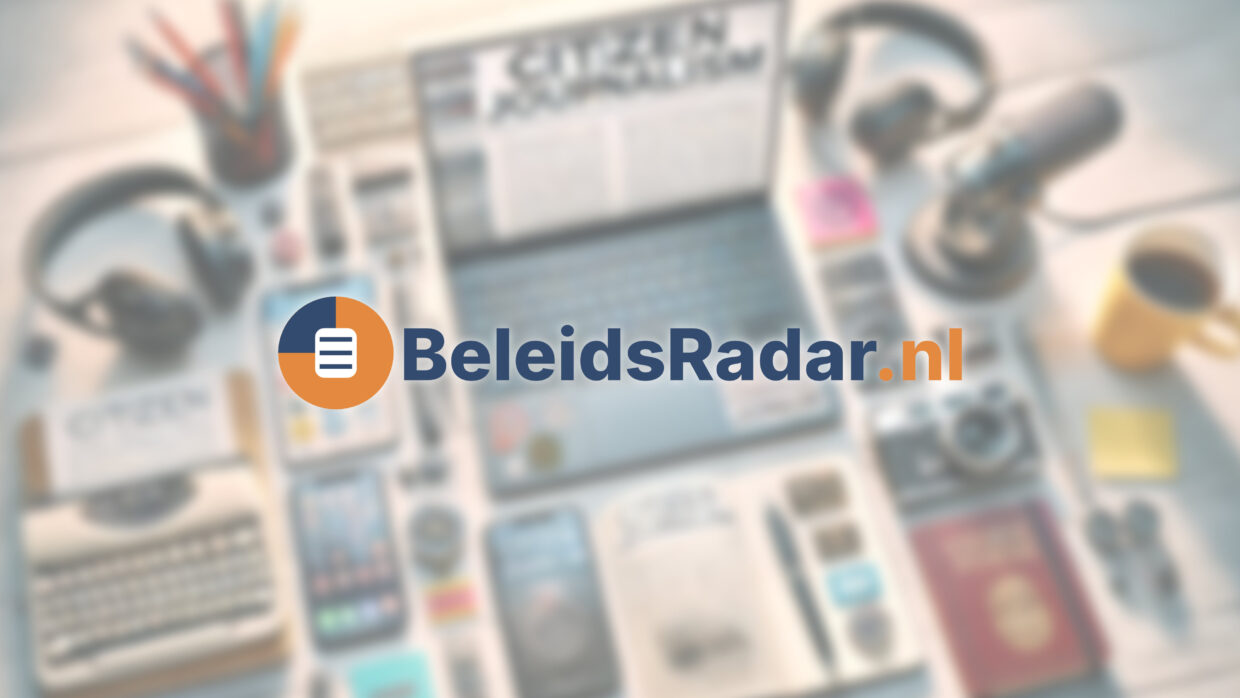When you try to figure out why politicians and municipalities make certain decisions and what information they share among themselves you’ll get nowhere with Google, or Bing, or even ChatGPT. You’ll find nothing useful, or only a few scant news items. BeleidsRadar(.nl) puts an end to these shortcomings! I highly recommended BeleidsRadar for journalists, citizens who follow politics, and also for anyone who wants to see what’s really going on… including politicians and civil servants themselves!
A month ago, I attended an event about “civic government,” a gathering of people who want to work toward a more open, inclusive, and future-focused government, in which technology primarily serves a supportive function, rather than take over an dictate its resolution to implement change. The role of the press was also discussed. My take was that the press, in many cases, has become toothless due to conflicts of commercial interest, watered-down content, social media algorithms, and of course, the perception of truth shaped by disinformation and AI. But in a democracy (as one of the speakers noted), the press is extremely important.
So how do you reconcile these two facts? The press can’t play a primary role at the moment, because it’s fighting multiple uphill battles, and democracy itself sometimes seems to be suffering from the same symptoms. Sensationalism and a limited trust in “the truth” or “facts” appear to be problems in government and politics as well, because those conveying information have discredited themselves or rely on questionable sources.
As far as I’m concerned, the next step is to give everyone the means not only to find and read the source of information, but above all to understand the context of that information and the decisions being made. In this way, almost anyone can form their own view of what’s true, and also help others and shape their own opinions. So: transparency for clarity. Having a short, direct link to the source is important.
BeleidsRadar helps establish that transparency and close the gap between the reader and the source. You can find a huge amount of information about (all?) open documents from politics and bureaucracy at the municipal, provincial, national and European levels. It’s all laid out in a way that lets you make sense of it yourself. The creator, Maarten Sukel, uses AI to achieve this, and it works surprisingly well!
In my opinion, BeleidsRadar is one of the first really cool AI applications related to government that I’ve seen. What especially strikes me is how it seems free of manipulative “algorithms” and unnecessary filters—so there’s no preference for particular agendas or political movements. Just the facts.
Maarten focuses on helping governments, among others, to deal with a complex world and the nuances of applying AI, and he also works on robust, scalable AI solutions. BeleidsRadar is just one of this projects focusing on transparency.
Check it out for yourself soon! https://beleidsradar.nl/
be sure to check out the LinkedIn posts by Maarten Sukel about his plans and how he pursues transparency in government through his initiatives beyond BeleidsRadar.
